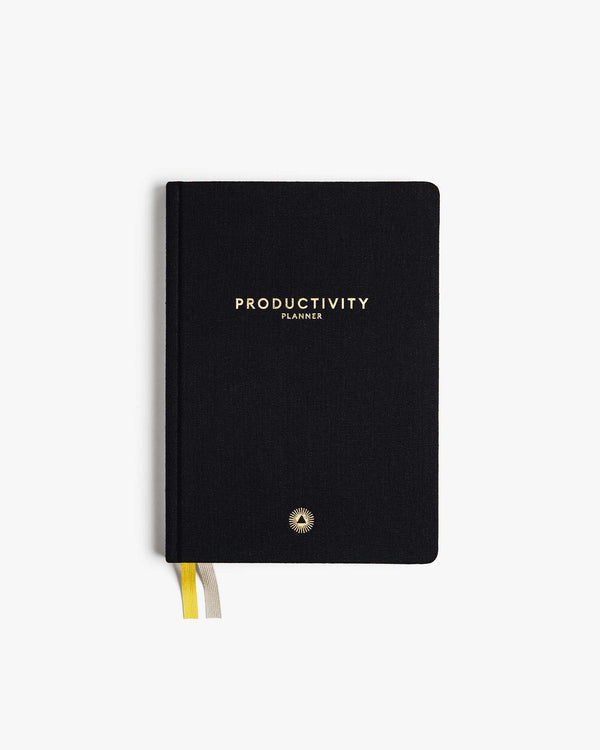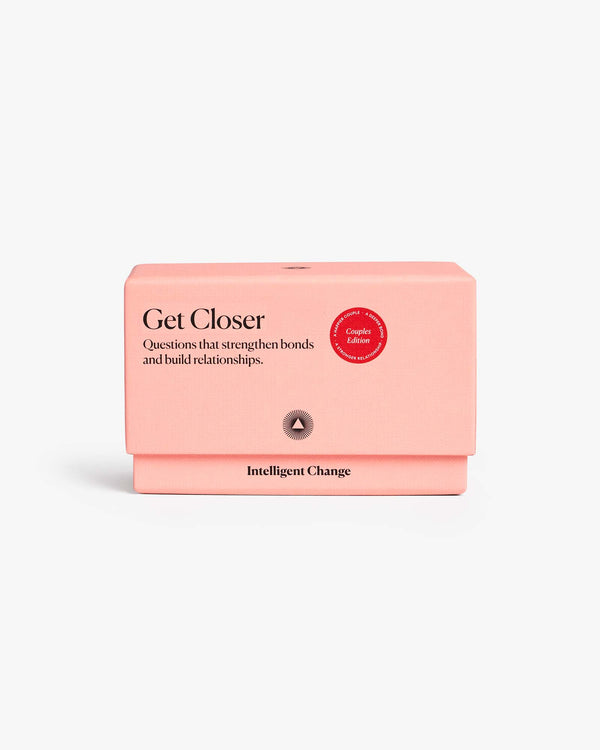Build the Foundation: 3 Habits to Start the Year Right

Before you set ambitious goals, before you chase the next milestone, before you even make your to-do list for the day—pause.
Take a breath.
If you want to build something meaningful this year—whether it’s a dream, a project, or just a version of yourself you’re proud of—it starts here: with how you take care of yourself.
When you’re burned out, overstimulated, tired, or pulled in too many directions, no amount of ambition will carry you through. You can’t pour from an empty cup. You can’t think clearly when your mind feels chaotic. And you can’t chase long-term goals when your daily habits keep pulling you off track.
Self-care isn’t something you earn after crossing the finish line—it’s the ground you stand on while you get there.
The truth is: how you feel shapes how you show up. And how you show up shapes everything else.
So instead of rushing into action mode, let’s start with you.
Here are three habits that create a foundation strong enough to carry your biggest dreams. They are not groundbreaking, but they are essential. Trust us on this.
1. Move your body regularly
When life feels overwhelming, movement often becomes the first thing we sacrifice. But if you find yourself feeling tired, low on energy, or overwhelmed by stress, it's time to recommit to moving your body daily. Movement is a mental reset, an emotional recharge, and a powerful tool for clarity. It helps release tension, boost focus, and lift your mood.
And here’s the misconception we all fall for: exercise isn’t about fixing your body—it’s about supporting you and your life. It’s about feeling more energized, more capable, and more present for whatever the day brings.
How to Make It Work:
-
1. Start a fitness challenge: Who says challenges need to start on January 1st? Sign up for a fitness challenge in March, July, or October to build consistency and keep yourself motivated year-round. Tried and tested by our team—it works.
-
2. Switch things up: Hybrid workouts build endurance and strength. Reformer Pilates connects your mind with your body. Boxing is an excellent alternative to cardio. And yes—even an online dance class counts.
3. Commit to walking more: 10,000 steps feel too much? Start with 5,000. Take short walks in the morning to start fresh, after lunch to clear your mind, or in the evening to unwind.
4. Make it joyful: Dance in your kitchen, swim laps, go for a sunrise run, or stretch to release tension.
5. Consistency over intensity: A 10-minute daily walk will always beat an exhausting weekly workout.
Try This: This week, pick one small, joyful way to move your body. Make it easy. Make it something you can look forward to. Add a reminder to your calendar and treat it like a promise to yourself.
2. Nourish yourself with intention
When your body is undernourished or sleep-deprived, it affects your mood, focus, and emotional resilience. The smallest inconveniences feel overwhelming. And when life feels this way, it’s easy to see food as just fuel—a quick meal grabbed between meetings or a snack mindlessly eaten while scrolling your phone. But nourishment is way more than keeping your body running.
Nourishment is about care, not control. It’s about giving your body and mind the fuel they need to function well. Eating balanced meals, staying hydrated, and creating intentional routines around rest isn’t about perfection—it’s about feeling grounded and good, consistently.
And like with everything in life, focus on balance. The 80/20 approach is a powerful reminder: aim to make nourishing choices most of the time and allow space for the moments that simply bring you joy.
How to make it work:
-
1. Upgrade one daily habit: Start your day with a glass of water. Replace your afternoon coffee with a tea. Add one extra serving of vegetables to your meals. Disconnect from all devices for 30 minutes before sleep. Start simple.
-
2. Hydration station: Buy a water bottle or jar you actually like and make hydration something you look forward to. If plain water feels boring, infuse it with lemon, berries, or mint. Game changer.
3. Create a signature meal: Build one go-to meal that’s balanced, easy, and satisfying. Think: protein, fiber, and a splash of color. Stuck on ideas? Ask your favorite AI tool to create a meal plan tailored to your preferences, favorite cuisine, and cooking style.
4. Eat intentionally: Eat without scrolling on your phone or watching your favorite TV show. Pay attention to flavors, textures, and how food makes you feel.
5. Create a sleep ritual: When you are tired and overstimulated, swap late-night scrolling for a calming routine—dim the lights, read a few pages of a book, and let yourself wind down.
Try this: Pick one meal this week—breakfast, lunch, or dinner—and turn it into a ritual. Set the table, put away your phone, and eat slowly. Notice how it feels to care for yourself in this simple way.
3. Protect your mindspace
Your thoughts create your reality. And yet, we often let our minds become cluttered with endless to-do lists, social media noise, or worries about things we can’t control. Mental clarity isn’t something that just happens. It’s something you create, protect, and nurture.
Here’s the truth: Your mind needs space—to breathe, to think deeply, to rest. You don’t have to eliminate every stressor, but you can start with boundaries. Boundaries with screens, boundaries with conversations, boundaries with what you let in and what you let go. Clarity grows in moments of stillness, reflection, and intentional focus. Make space for them—they’re where everything starts to make sense.
How to make it work:
-
1. Start or end your day with a check-in: Pause and ask yourself, How am I doing? What do I need today? Even five minutes of writing can clear mental fog and refocus your priorities.
-
2. Set boundaries with screens: Try phone-free mornings or a “no social media after 8 PM” rule to give your mind space to reset.
3. Create a Pause Ritual: Light a candle, brew tea, or play a calming playlist to check in with yourself. Let these small rituals signal a moment to breathe and reset.
4. Declutter your mental space: Write down everything that’s weighing on your mind, then cross off what you can’t control. Notice how it feels to let those things go.
5. Make time for joy: Read a chapter of a good book, listen to music, or step outside to watch the sunset. Small moments of joy have a big impact on how you feel.
Try This: End your day with a 5-minute reset. Write down one thing you’re grateful for, one thing you’re letting go of, and one thing you’re looking forward to tomorrow. Keep it simple, but consistent—it adds up.
__________________
We all know what’s good for us: eating balanced meals, practicing gratitude, moving our bodies, even drinking more water. But do you actually do it? Be honest with yourself—do you truly commit to these simple yet powerful habits?
It’s easy to dismiss them because they seem too small to matter. A glass of water doesn’t feel like self-care when your to-do list is overflowing. A ten-minute walk doesn’t feel like progress when your goals are so much bigger. But these small habits are the things that quietly transform your days. They aren’t about instant results—they’re about showing up for yourself, day after day, even when no one’s watching. And this is the foundation to build your life on: self-discipline.
Self-discipline often gets misunderstood as restriction, control, or harshness. But in reality, self-discipline is an act of care.
It’s following through on what you said you’d do—not to prove something to others, but because you matter.
It’s taking a walk when you’d rather scroll.
It’s making a nourishing meal when takeout feels easier.
It’s turning off your phone when your mind needs stillness.
When you honor these small commitments, you start trusting yourself. And when you trust yourself, you stop looking for external validation—you already know you’re showing up for what truly matters.











